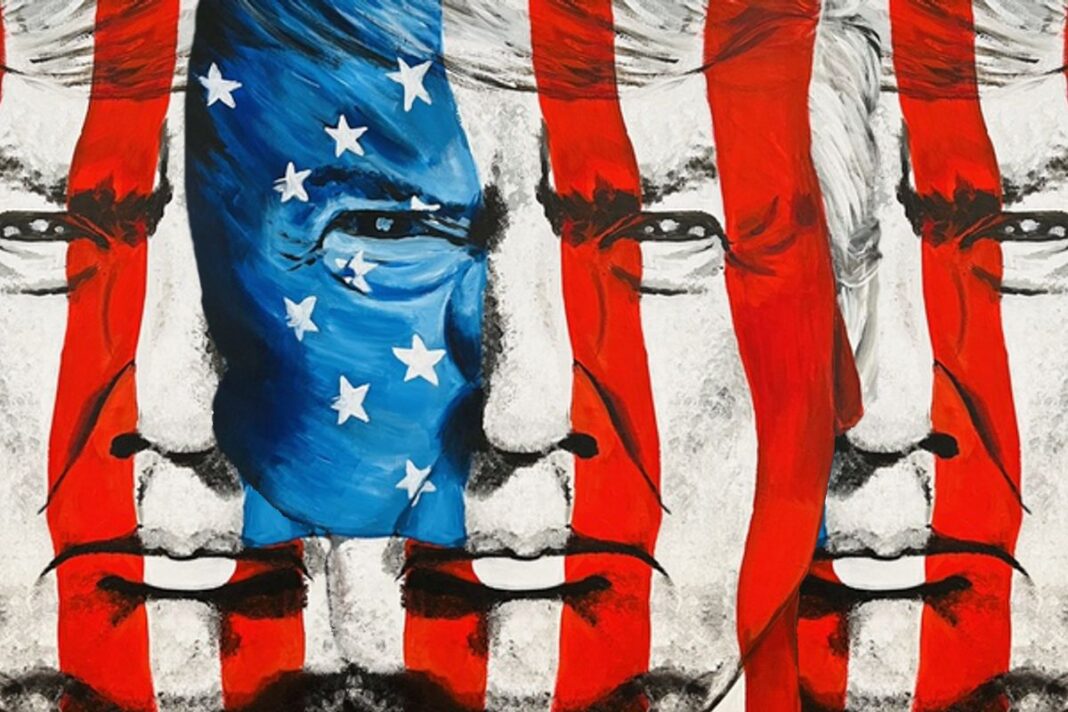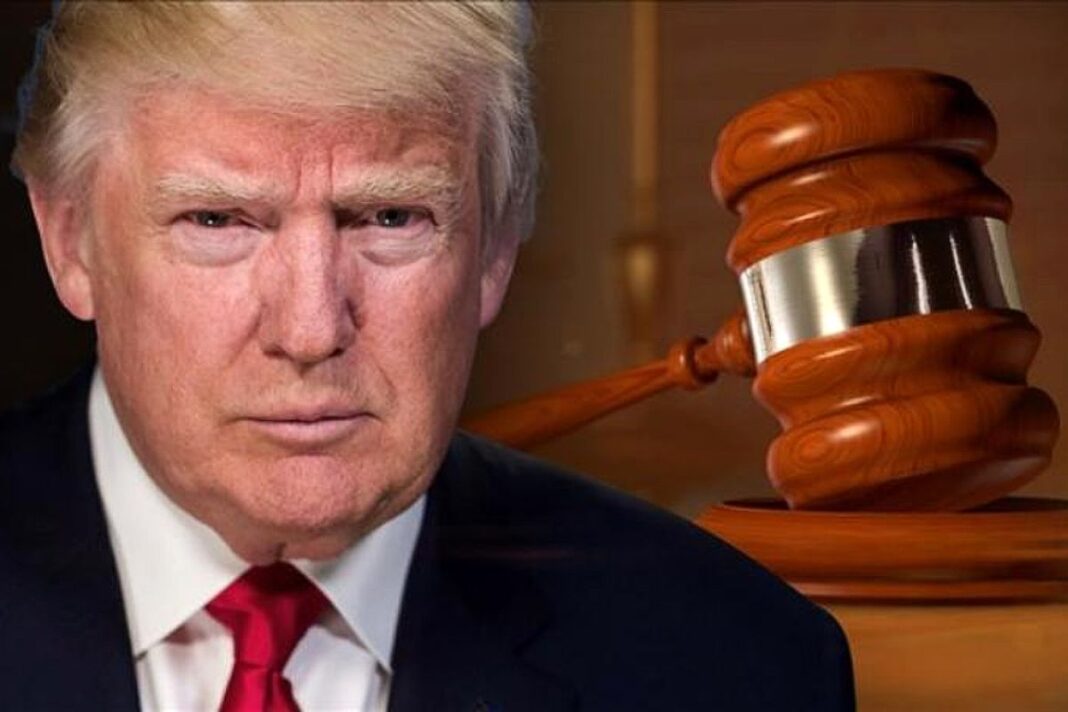Lt. Gen. Keith Kellogg’s visit follows landmark US-Russia talks in Riyadh, where Ukraine did not have a seat at the table.
Lt. Gen. Keith Kellogg, U.S. special envoy for Ukraine and Russia, arrived in Kyiv on Feb. 19 for talks with Ukrainian President Volodymyr Zelenskyy.
“It will give us a chance to have good substantial talks,” Kellogg said upon his arrival, adding that talks would build on discussions held during a recent three-day security forum in Munich, Germany.
Kellogg’s visit to Kyiv comes a day after U.S. and Russian officials met in the Saudi capital, Riyadh, for landmark talks aimed at ending the nearly three-year-old war between Russia and Ukraine.
Ukrainian representatives were not present at the talks in Riyadh.
Speaking to reporters on Feb. 19, Kellogg said the United States understood the need to provide Ukraine with security guarantees against possible future Russian aggression.
Part of his current mission, he said, was to “sit and listen” to Kyiv’s concerns.
In 2022, Russia invaded and effectively annexed large swaths of eastern and southeastern Ukraine, which it now views as Russian Federation territory.
Kellogg said he would share the results of discussions in Kyiv with President Donald Trump and key administration officials to “ensure that we get this one right.”
On Feb. 18, Zelenskyy canceled a planned visit to Riyadh, where U.S. and Russian officials—including the two countries’ top diplomats—had been holding talks.
Later the same day, Trump appeared to dismiss Kyiv’s concerns that Ukrainian officials had not been asked to take part in the discussions.
“Today I heard, ‘Oh, we [Ukraine] weren’t invited’,” Trump told reporters at a press conference at his Mar-a-Lago residence in Palm Beach, Florida. “Well you’ve been there for three years—you should have ended it [the conflict] … you should have never started it. You could have made a deal.”
When Trump was asked whether he planned to meet with Russian President Vladimir Putin before the end of the month, he said, “Probably.”
Trump, who returned to the White House a month ago after the four-year Biden administration, also criticized his predecessor, Joe Biden, for his handling of the conflict.
By Adam Morrow






